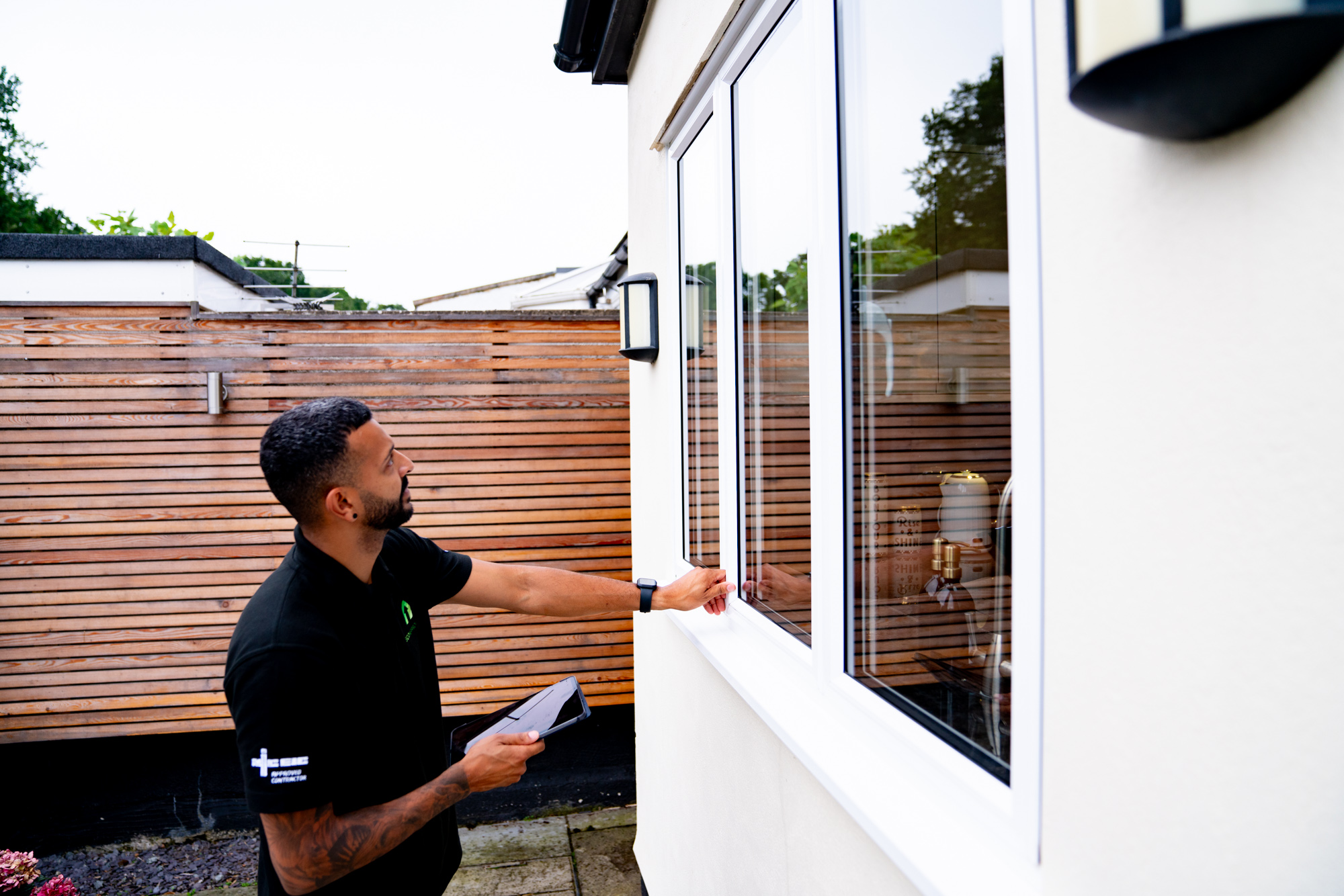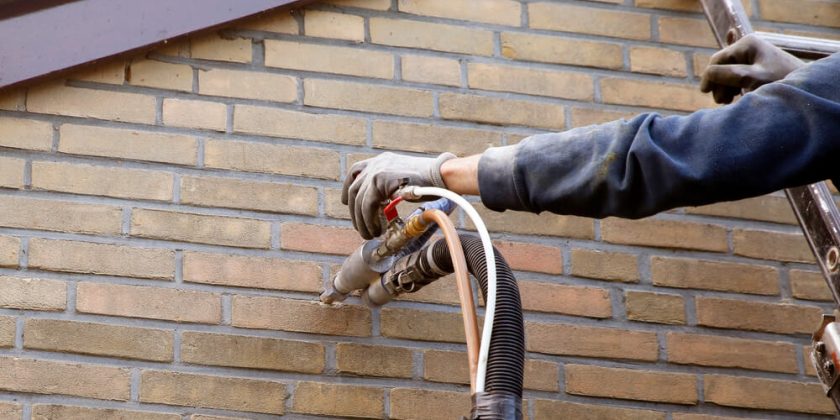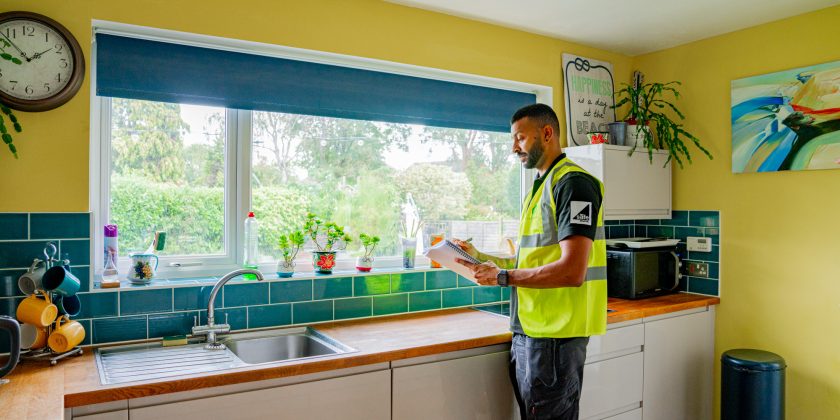Carbon emissions and global warming remain worldwide issues that seriously damage the environment.
To try and minimise the effects and reach net-zero, the government has put forward plans to ban the installation of gas boilers and could tighten rules surrounding energy performance certificates (EPC).
The energy efficiency of a property is measured with an EPC where the house receives a rating between ‘G’ and ‘A’. ‘G’ is the lowest, a ‘D’ rating is the average, and an ‘A’ is the highest.
Landlords are eagerly awaiting confirmation about whether these changes will be put forward. If the new EPC rules do go ahead, they will be brought in through the Minimum Energy Performance of Buildings Bill and it will raise the minimum grade to a ‘C’. New-build properties on the market have until 2025 to comply while existing tenancies have until 2028.
Although these changes will not come into action just yet, substantial amounts of time and effort could go into meeting these.
Here at Propcert, we break down whether these changes are affordable for landlords.
The true cost of attaining a ‘C’ grade EPC
In a new report conducted by Shawbrook Bank, 23% of the 1,000 UK landlords who were surveyed say the EPC rating of their properties is currently rated ‘D’ or below.
Meanwhile, an additional 27% of landlords are unaware of their current EPC rating, meaning hundreds of these landlords could also have properties in their portfolios rated at a ‘D’ or below.
Although 2025 seems miles away, landlords must understand there is a process to reaching each EPC target and part of this is being able to fund the work to improve the overall rating.
There are a range of inexpensive changes landlords can make to their homes to improve their EPC rating.
- Replacing light bulbs with energy-saving ones could help make the home more energy-efficient. According to the Energy Saving Trust, for every 60-watt bulb in a home, £3 per bulb per year could be saved.
- Loft insulation will reduce the energy that can escape through the roof and wall insulation stores the heat within the inner walls.
These are some examples of cost-effective measures that can be done around the house quickly to improve the EPC rating at a relatively low price.
The status of the property will determine the true cost of attaining the new EPC targets in good time. A landlord who tries to reach the EPC targets by replacing their oil or gas boiler with a heat pump would have to pay far more.
The Energy Saving Trust estimates that on average an air source heat pump installation will cost around £6,000 to £8,000 and a ground source heat pump installation can cost £10,000 to £18,000.
Overall, improving a ‘D’ or below rated property up to a ‘C’ is estimated to cost around £10,000.
Financial support to reach EPC targets
If the new EPC targets do get introduced, all landlords should be reassured that with proper planning and research, these new targets can be met without breaking the bank. In addition to this, financial support is available to make the process easier.
The government’s heat pump grant system can be used by landlords. Those who make use of this grant can receive up to £5,000 to transfer from a gas boiler to low-carbon systems such as air and ground source heat pumps – although it has been heavily criticised for being too small an amount to make any difference.
In the Shawbrook bank study, 37% of respondents hope for incentives to make changes such as favourable borrowing rates. These are already on the market – however, they are for those with high A or B-grade EPC ratings.
Is government support available?
The government support currently available is quite limited, but with the government’s aim to reach net-zero carbon emissions by 2050, forms of grants or low-cost loans are expected to become available.
Analysing your home, weighing up your budget, and proper planning are necessary to attain a higher EPC rating.
Once this is done, it will be easier to establish the most cost-effective solution to reach new EPC targets.
While awaiting confirmation about whether the new rules will be introduced, it’s advised that landlords keep up to date with the latest government announcements.
Here at Propcert, we can help landlords across the UK reach a higher EPC rating. The company was originally established in 2010 to meet the growing requirements of EPCs for the private and public sector and has evolved into providing other services as we have grown.
You can find out more about what we do and how we work here.



